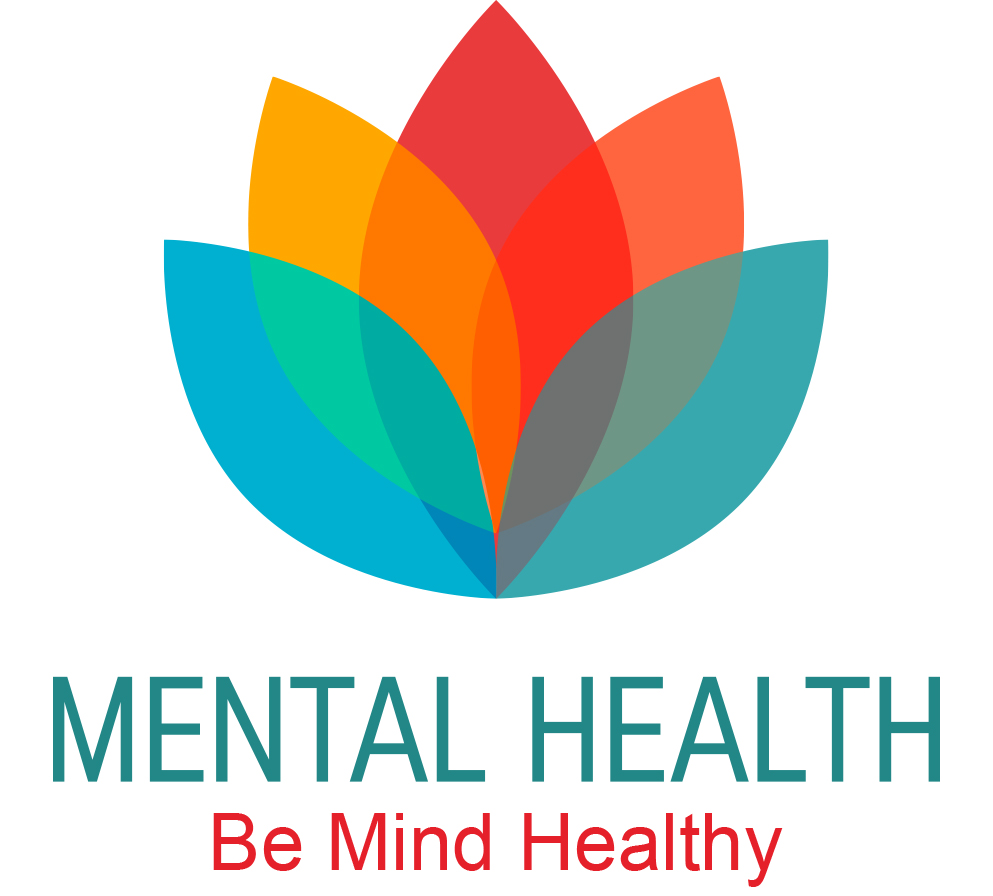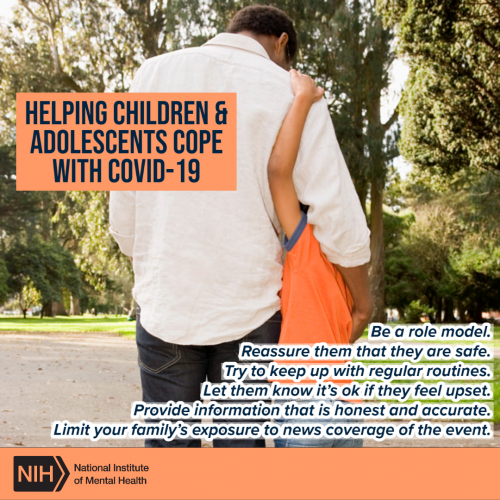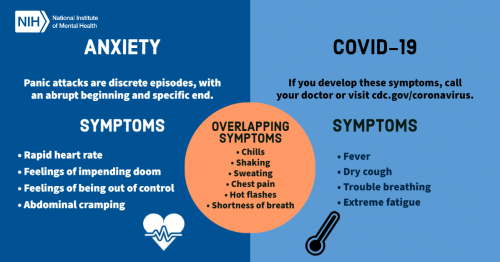
The outbreak of coronavirus disease 2019 (COVID-19) is stressful for many people and everyone responds to stress in different ways. It is normal to experience a range of emotions, including fear, anxiety, and grief.
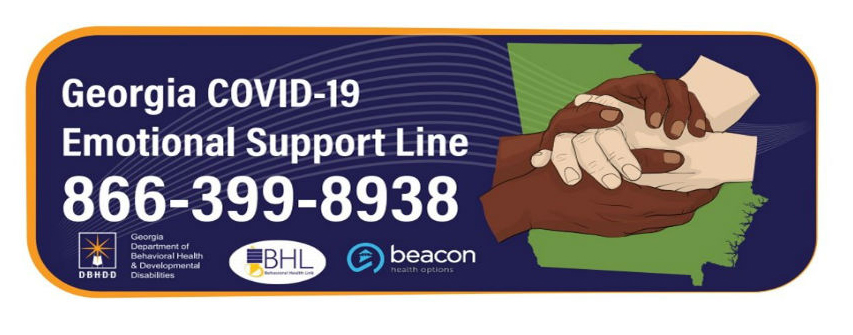
The Georgia COVID-19 Emotional Support Line provides free and confidential assistance to callers needing emotional support or resource information as a result of the COVID-19 pandemic. During these hard times, many have been left to manage their emotions alone. Our mental health professionals are here to help.
Training and Technical Assistance Related to COVID-19
SAMHSA is committed to providing regular training and technical assistance (TTA) on matters related to the mental and substance use disorder field as they deal with COVID-19.
Their TA programs are delivering great resources during this time. Click here to view the updated available TTA resources to assist with the current situation.
- Fear and worry about your own health and the health of your loved ones
- Changes in sleep or eating patterns
- Difficulty sleeping or concentrating
- Worsening of chronic health problems
- Increased use of alcohol, tobacco, or other drugs
Source: https://nimh.nih.gov
- Take breaks from the news. Set aside periods of time each day during which you close your news and social media feeds and turn off the TV. Give yourself some time and space to think about and focus on other things.
- Take care of your body. Take deep breaths, stretch, or meditate. Try to eat regular, well-balanced meals; get some physical activity every day; give yourself time to get a full night’s sleep; and avoid alcohol and drugs.
- Make time to unwind. Try to engage in activities and hobbies you enjoy. Engaging in these activities offers an important outlet for pleasure, fun, and creativity.
- Connect with others. Talk with people you trust about your concerns and how you are feeling. Digital tools can help keep you stay connected with friends, family, and neighbors when you aren’t able to see them in person.
- Set goals and priorities. Decide what must get done today and what can wait. Priorities may shift to reflect changes in schedules and routines and that is okay. Recognize what you have accomplished at the end of the day.
- Focus on the facts. Sharing the facts about COVID-19 and understanding the actual risk to yourself and people you care about can make an outbreak less stressful.
Call your healthcare provider if stress gets in the way of your daily activities for several days in a row.
Source: https://nimh.nih.gov
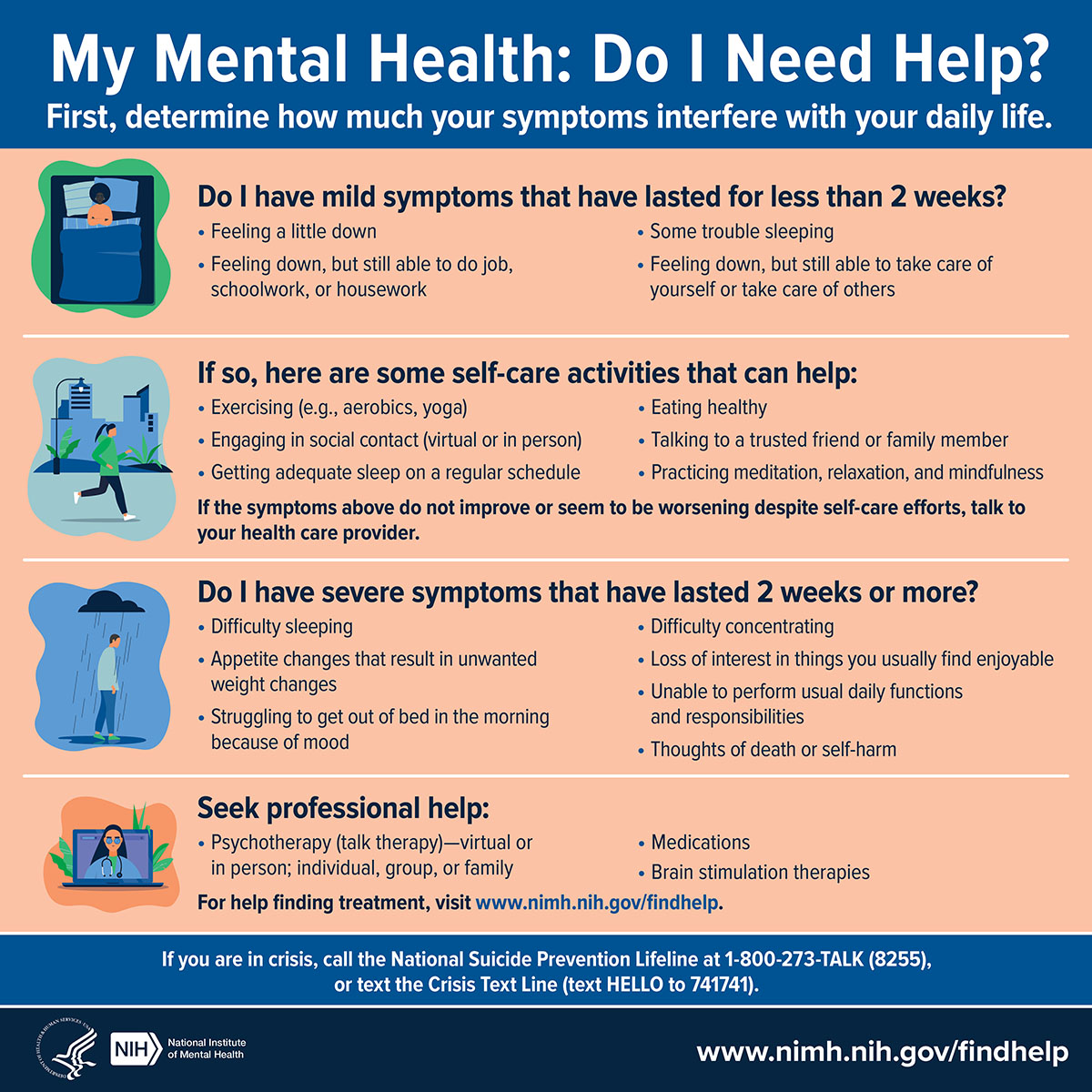
Do you need help with your mental health? If you don't know where to start, this infographic my help guide you.
Source: https://nimh.nih.gov
When parents and caregivers deal with COVID-19 calmly and confidently, they can provide the best support for their children. There are many things you can do to support your child cope. Visit the Centers for Disease Control and Prevention for more information:
https://go.usa.gov/xvxea.
Source: https://nimh.nih.gov
Panic attacks are discrete episodes, with an abrupt beginning – peaking at about 10 minutes – and a specific end, usually within half an hour. If you have a persistent fever and cough, as well as trouble breathing, call your doctor or visit the Centers for Disease Control and Prevention at http://cdc.gov/coronavirus.
Source: https://nimh.nih.gov
- Anxiety on returning to offices has employers evaluating mental health and wellness benefits - Atlanta Business Chronicle, June 2021
For more information, visit https://namiga.org/resources/covid-19-updates/
It’s September, and kids are going back to school with their pens, pencils, books, and laptops—but this year, back-to-school is anything but ordinary. In addition to their school supplies, kids are also carrying the stress and uncertainty of the COVID-19 pandemic. Read More
